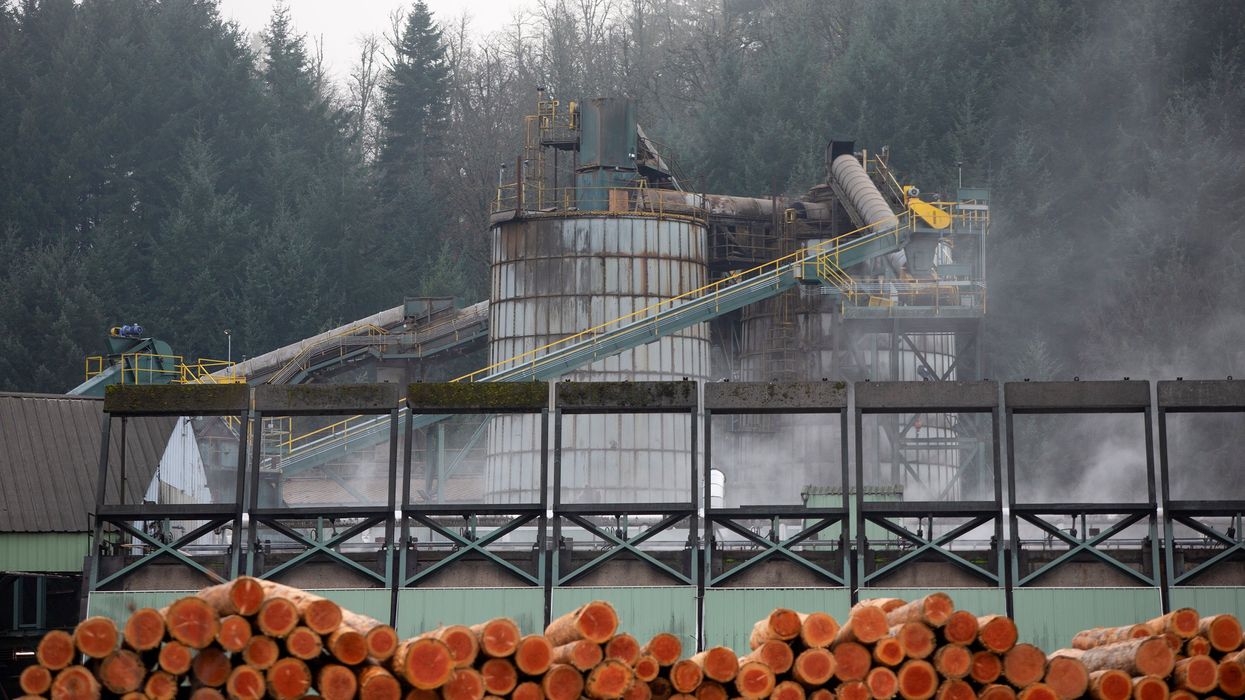GZERO North
Hard Numbers: Bombardier blasts Ottawa, Freight flows fall, Canada-Taiwan trade pact framed, Titanic racket rocks Kiwis
10 billion: The Canadian government is ready to spend as much as CA$10 billion on new surveillance aircraft, and it looks like the contract will be awarded to Seattle-based Boeing. Canada’s Bombardier is furious.
Oct 26, 2023


